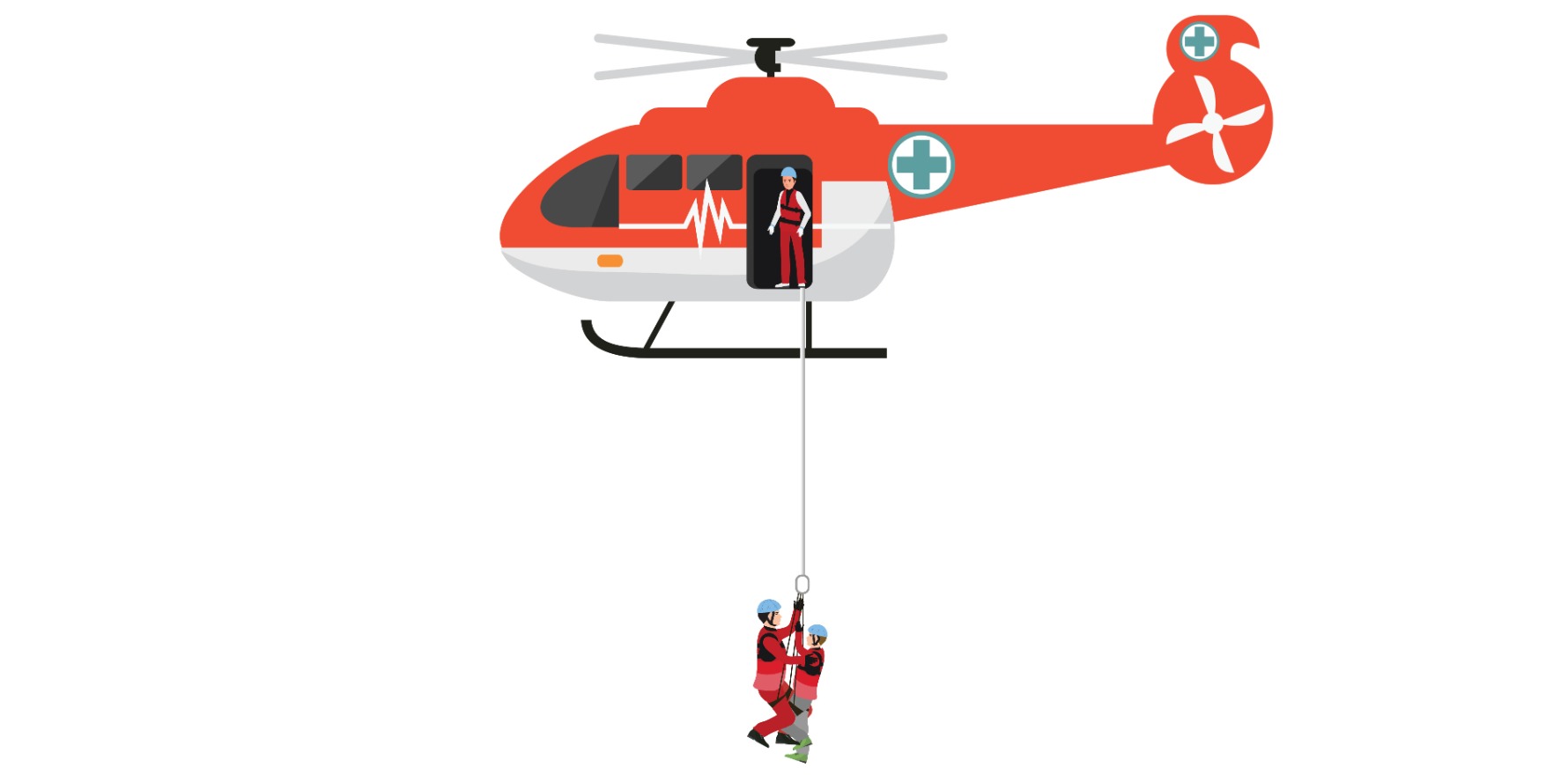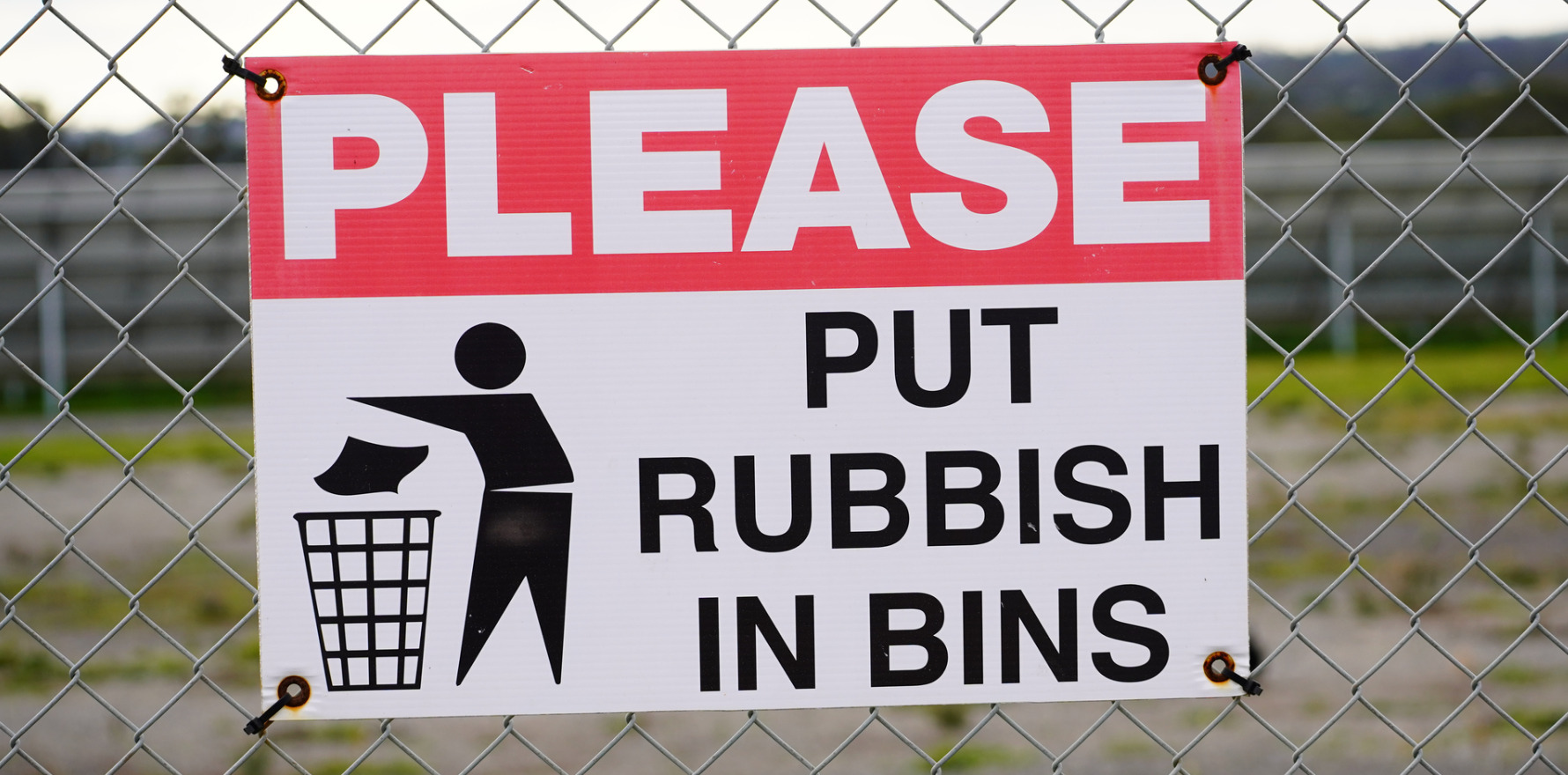One in five rural doctors travels more than 800km to access confidential healthcare. The Rural Doctors Foundation wants to help with that.
Rural and remote Queensland doctors struggling to access their own healthcare will be able to do so under a new Rural Doctors Foundation initiative combining FIFO and telehealth models.
The foundation estimated that around 40% of rural doctors travel more than 300km to seek independent and confidential medical treatment, with around one in five travelling more than 800km.
“When you’re a doctor in a country town it’s not ideal to be seen by your intimate partner, or by one of your learners, or by one of your teachers, or by one of your employers, or even by one of your competitors,” Rural Doctors Foundation chair Dr Michael Rice said.
“Sometimes even the next town is too close for comfort.”
Dr Rice told The Medical Republic that he knew of doctors travelling thousands of kilometres for treatment.
The new program, GPs 4 Rural Docs, funds an out-of-town GP to fly into a rural town and treat its doctors quarterly, with supplemental telehealth consults as needed.
It will start out in the central Queensland towns of Charleville, Quilpie and Cunnamulla, all of which are classified as MM7 areas.
Charleville GP Dr Katie Chang said she previously had to arrange her GP visits up to six months in advance.
“I travelled three hours to see my GP in Roma and I would pretty much need a day off work to do that, because you can’t do it on the weekend,” she told TMR.
Often, she said, it was easier just to avoid the trip altogether.
“I guess we don’t really think it’s worth having a day off work and driving six hours just to see a GP, so it’s tempting to put it off or try and line it up on your holidays,” Dr Chang said.
“And you end up seeing a random person you’ve never met.”
Related
Both Charleville and Cunnamulla have recently weathered floods; Charleville was cut off for several days in April.
“There are particular parts of Australia that are affected by drought, flood, cyclone or fire and have health practitioners, especially GPs, bending over backwards to provide care for their patients,” said Dr Rice.
“And it’s very difficult [for those doctors] to get to care for themselves.
“We’re anticipating that, by providing rural and remote doctors with good health care, they will be happier and healthier in practice and will be retained for longer periods of time.”
As the program expands, a drive-in-drive-out model and a GP exchange model of care will also be added.
Originally an offshoot of the Rural Doctors Association of Queensland, the Rural Doctors Foundation was formed in response to the 2014 floods which affected regional areas across the eastern states.
While the foundation has its roots in Queensland, it technically operates Australia-wide and plans to expand the GPs 4 Rural Docs program to other jurisdictions.
“Our model could be delivered anywhere in Australia, once it can be funded,” said Dr Rice.
“There seems to be no shortage of health practitioners who would benefit from having their own GP and no shortage of experienced senior GPs who would be interested in providing such a service.”





